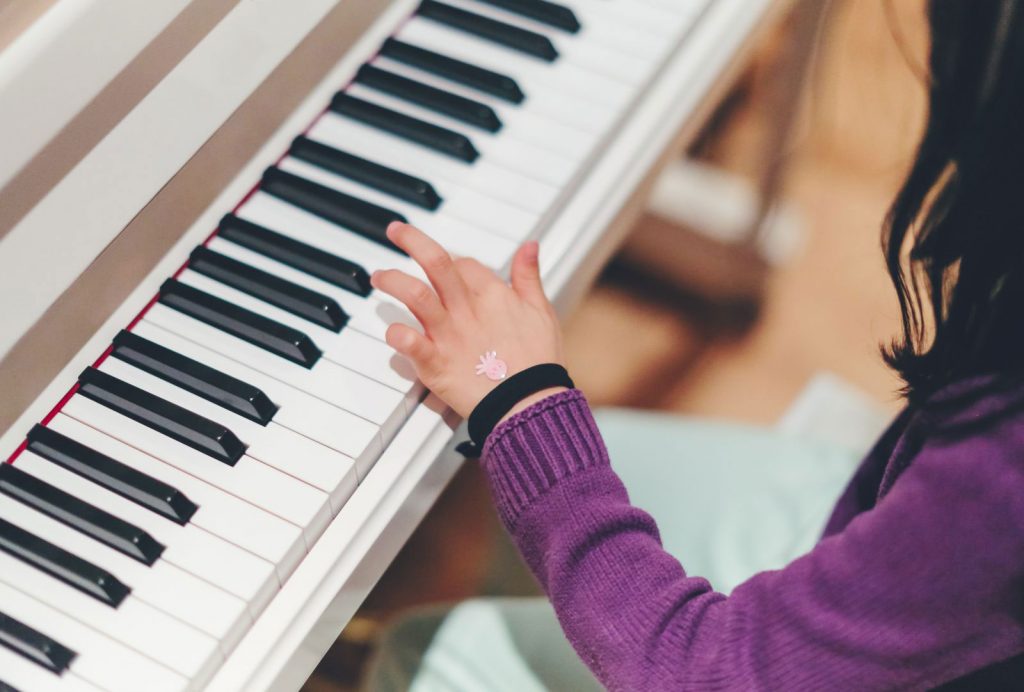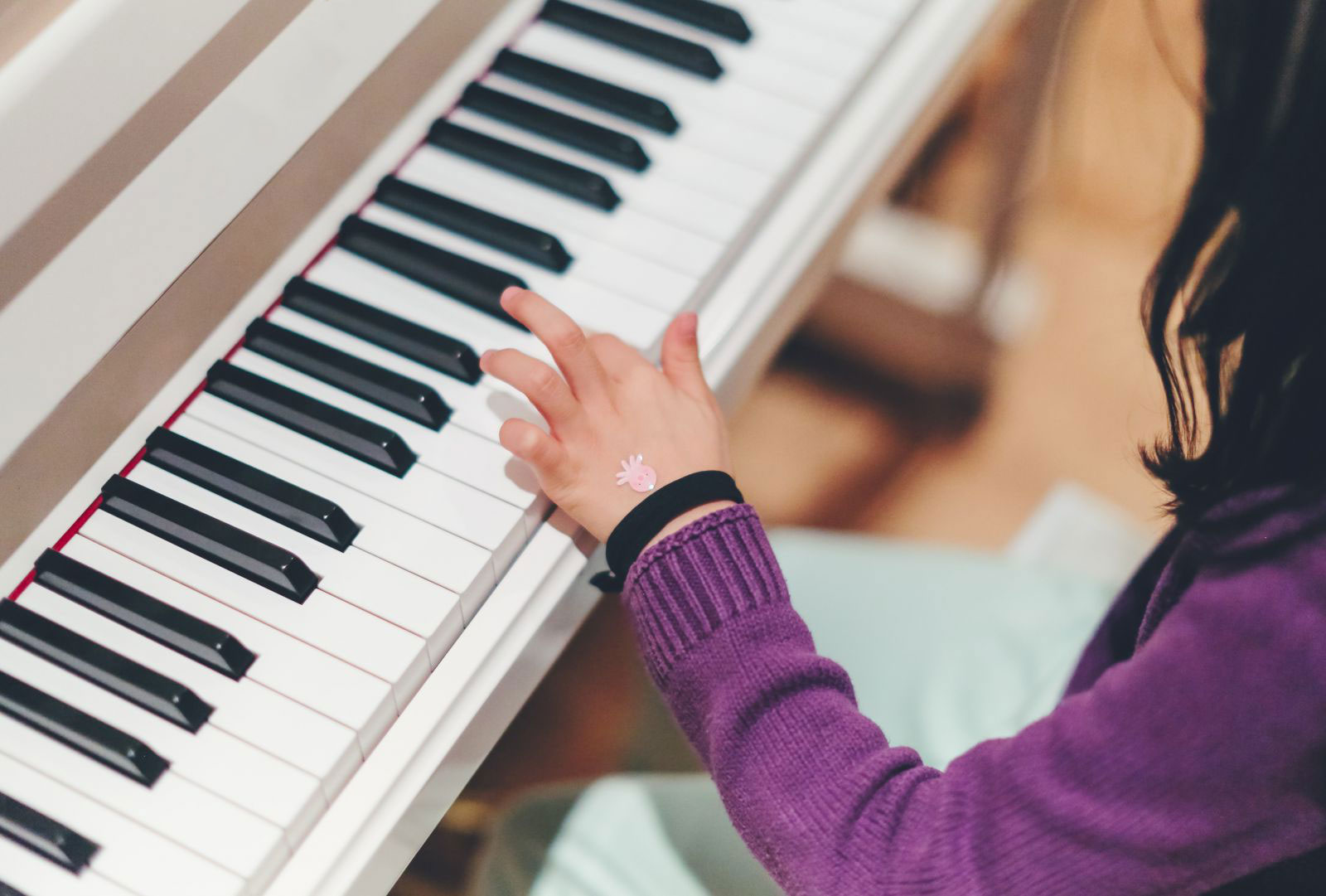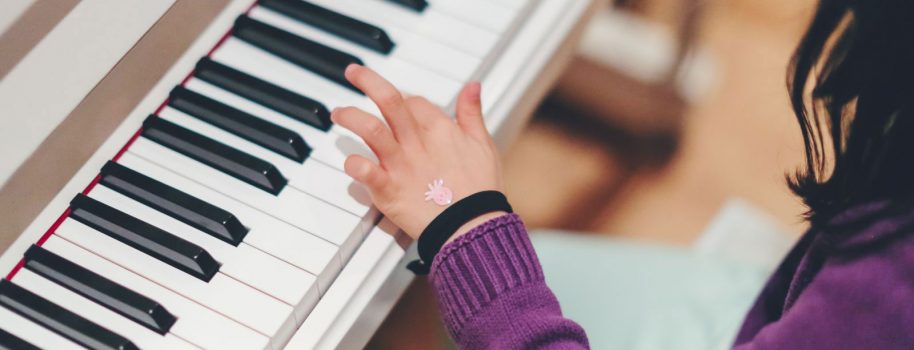Many parents wonder whether to enrol their left-handed child in a music school. They are not sure whether they will be able to learn to play well. Sometimes music school teachers recommend the cello or violin to left-handed students. But what if someone really wants to play the piano? Is left-handedness a “contraindication” to learning to play this extremely popular instrument? Internet forums are full of such questions. Teachers come to the rescue and talk about their experience in this matter.

In pieces written for grand pianos, upright pianos, accordions or organs, the bass line falls to the left hand and is usually an accompaniment. However, the right hand leads the main melody. So it is important that the part played by the right hand is more audible, loud, while the left hand should play a little lighter, more delicately. One can say that in most cases the part of the left hand should be a background for the melodic line.
Left-handers will therefore have to put in more effort and practice to control their left hand, which will naturally be stronger. The idea is to play more lightly – thus achieving a quieter sound. On the other hand, a more complicated melodic line will often fall to the right hand. As a result, it should play a little harder and be very technically proficient.
This raises the question – Can the left hand be trained? 
The programme of classical grand or upright piano learning provides a lot of technical exercises involving parts of both hands. These are mainly scales, etudes, or two- and three-voice inventions. Such exercises develop both technical skills, as well as allow to obtain the appropriate intensity of sound. So the answer is simple – everything is a matter of practice. It is worth noting that for right-handed people, on the other hand, it will be a challenge to train the naturally weaker and less efficient left hand. In this case, left-handedness can also be considered an advantage!
What about instruments for left-handed people? Are they needed and are they being produced?
Upright and grand pianos are not manufactured with the needs of right- or left-handed pianists in mind, or with the higher functionality of either hand in mind. As Andrzej Kruszewski, president of the Association of Piano Tuners, notes, the very construction of this instrument assumes that the left hand controls the bass part and the right hand controls the violin part. Therefore, if someone wants to learn to play professionally, they have to improve playing with both hands equally. There is a certain “fairness” here – left-handers have to put more effort into training their right hand, and right-handers – into activating the left hand.
In conclusion, left-handed people do not have much more difficulty playing the piano than right-handed people. Although they may encounter different challenges, ultimately both must work just as hard to perfect playing the instrument.


